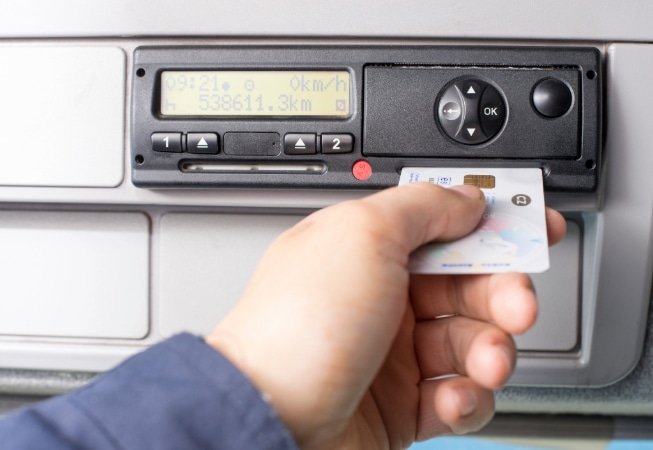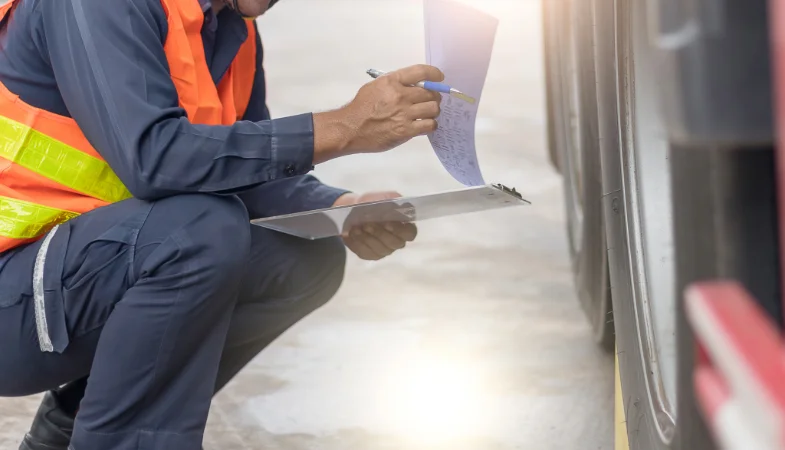The Dangers of Digital Downloading
It is a legal requirement to download driver cards and digital tachographs in the vehicle. Digital tachographs create electronic records, which is easier and more efficient than using physical tachograph charts.
Strict Download Policy
A strict download policy requires downloading all digital driver cards (DDCs) at least once per fortnight and all digital vehicle units (DVUs) at least once every fifty-six days.
Procedures must be in line with regulations and recommendations.
Increasing Download Times
After their initial introduction, downloading DVUs began to take an increasingly long time. When they were originally introduced, it could take over forty-five minutes to download a year of records from a DVU.
For operators with a large fleet of vehicles, for example, fifty, all parked in the depot with all their DVUs to be downloaded over the weekend, forty-five minutes per download is a considerable amount of time.
The solution is partial downloads, also known as download-from-the-last-download (DFLD). Instead of downloading a year of records each time, operators can download only the new details that have been created since the last download.
Download Device Settings
Most download devices have buttons or software configurable options which allow:
1. A full download of details
2. A partial download or a download-from-the-last-download
This allows you to collect the details you must legally have and store and save time as well.
Downloading a full record initially, then partial or download-from-the-last-download from then on, allows you to collate every record. But what really happens when you adhere to this compliance procedure?
Download-from-the-last-download
To download-from-the-last-download, the device needs to know the date of the last download, in order to download all data from that date.
The date of the last download must be stored somewhere, for instance, in the digital tachograph. If so, you can gather the details from the date of the last download.
DVSA Spot-Check
Downloads should be taken, in accordance with the compliance procedure, on the same date each month. This should result in twelve downloads throughout the year.
However, DVSA spot checks may be taken out on a different date. This changes the date of the last download, therefore if an operator downloads from the date of the last download, it will leave a gap in the data, instead of creating a complete month’s details.
The solution to this is to ignore the last download date in the DVU, and to store the last download date in the download device. However, if the operator acquires a new download tool, there will be no last download date on the device, so it will be unable to download-from-the-last-download. The default setting in this scenario is to undertake a full download.
Conclusion
Ensure you have all the relevant downloads for both card and vehicle. Check them for continuity and ensure any downloads by enforcement authorities are logged, which will allow you to find any gaps in record-keeping.
Remember to always check what you have downloaded.
If you need help from an expert, Tachograph Analysis Consultants Limited (TACL) specialises in tachographs and compliance and has a specific continuity checking service to ensure operators maintain proper conduct, along with courses designed to inform about digital downloading. They also provide a service for storing downloads and sending out prompt reminders to perform them.





